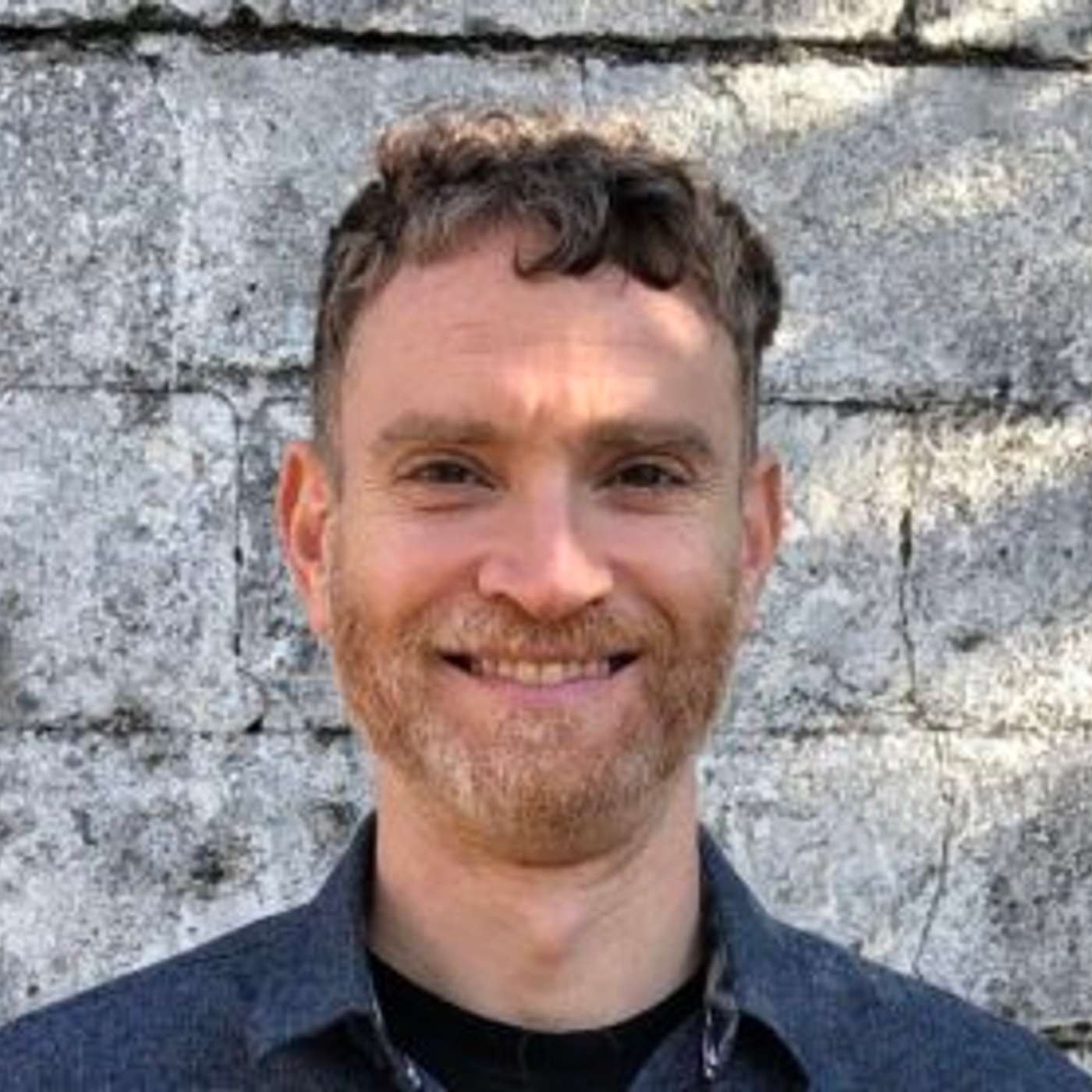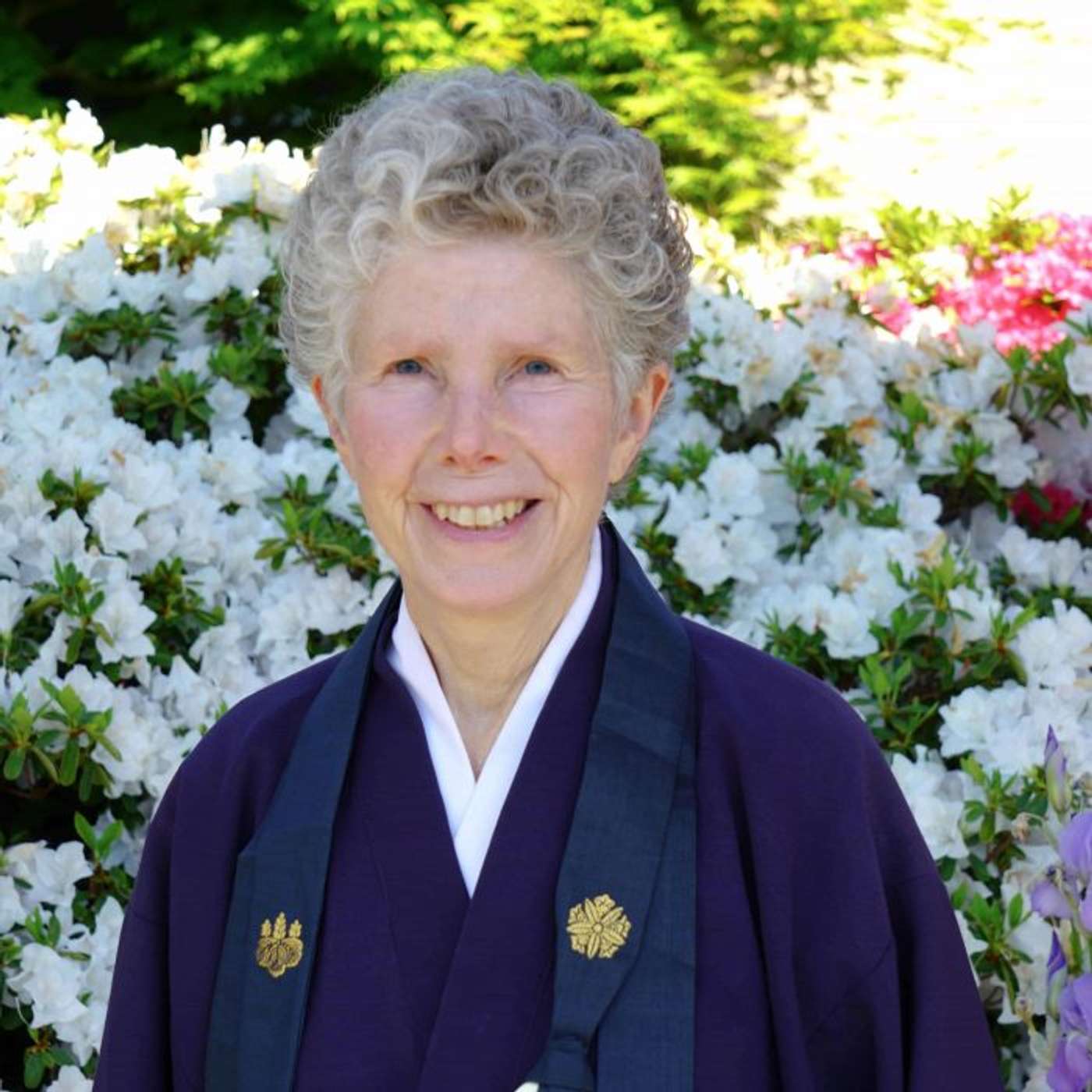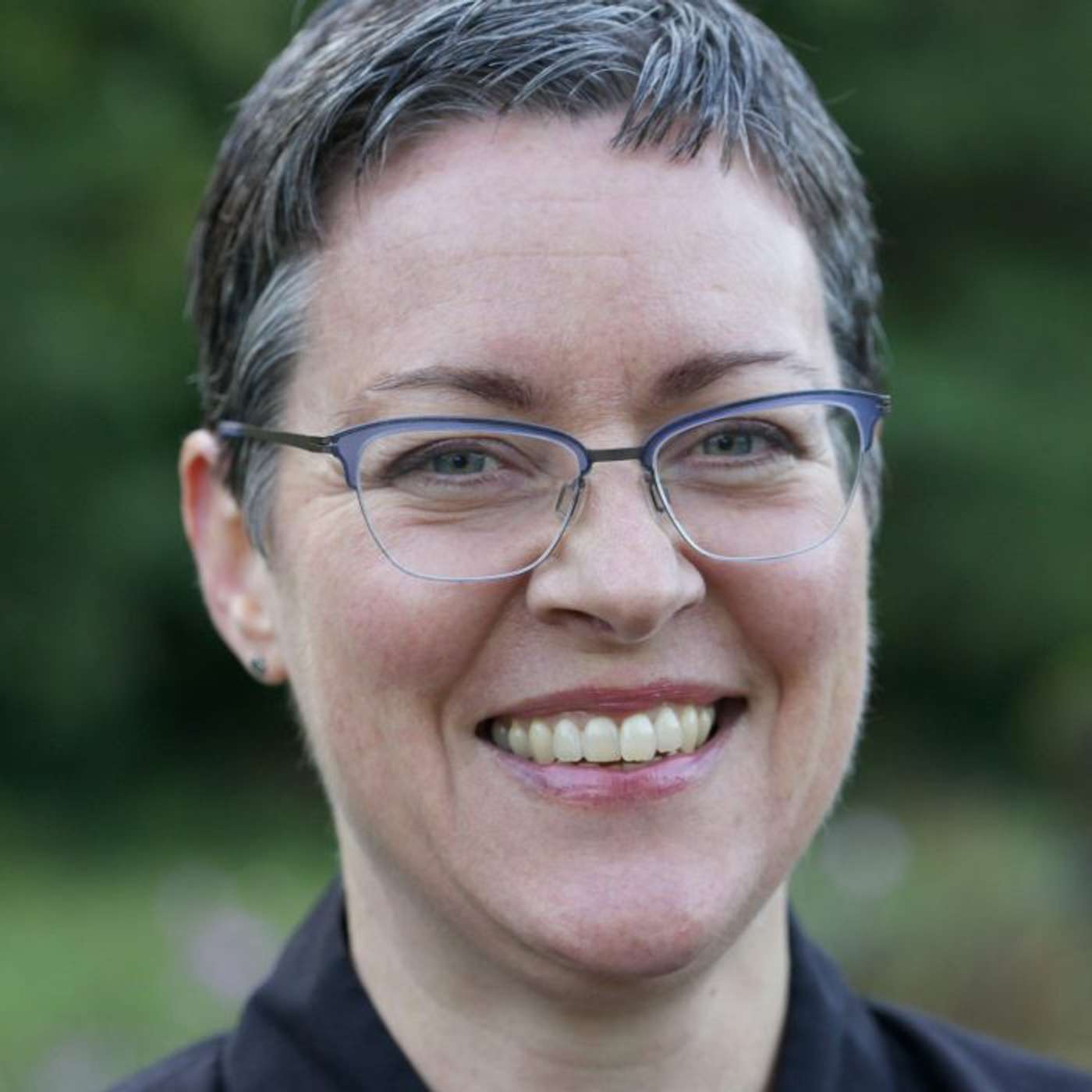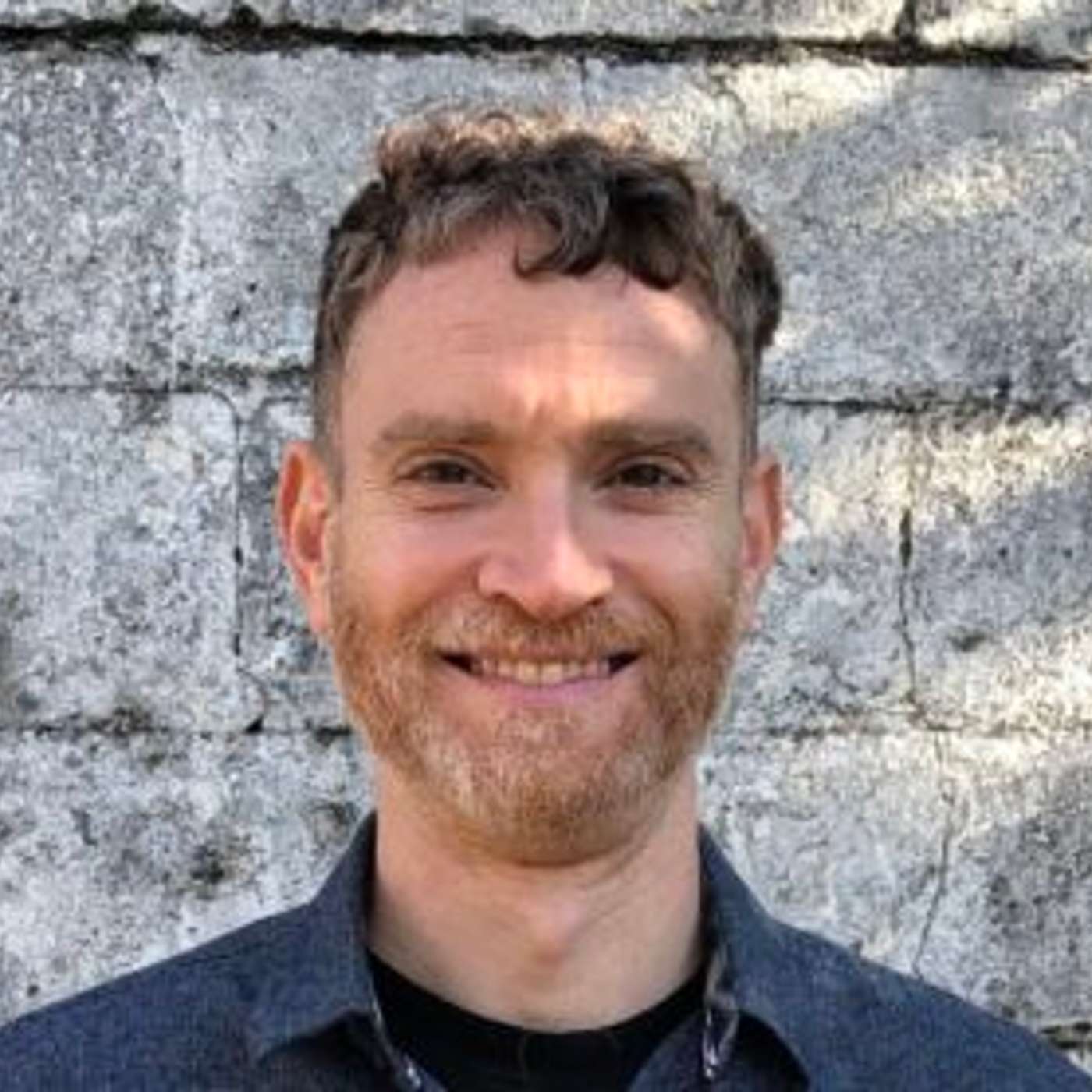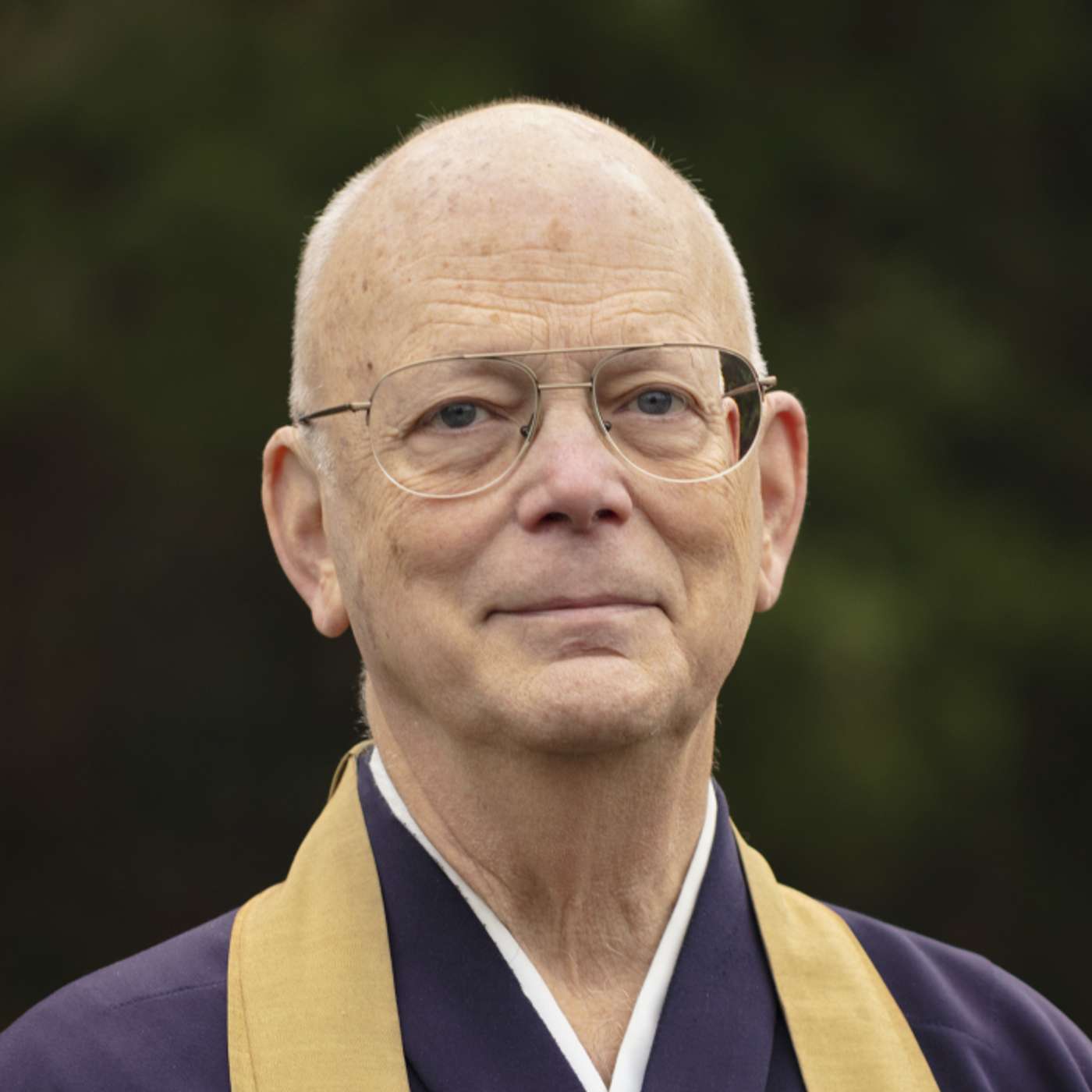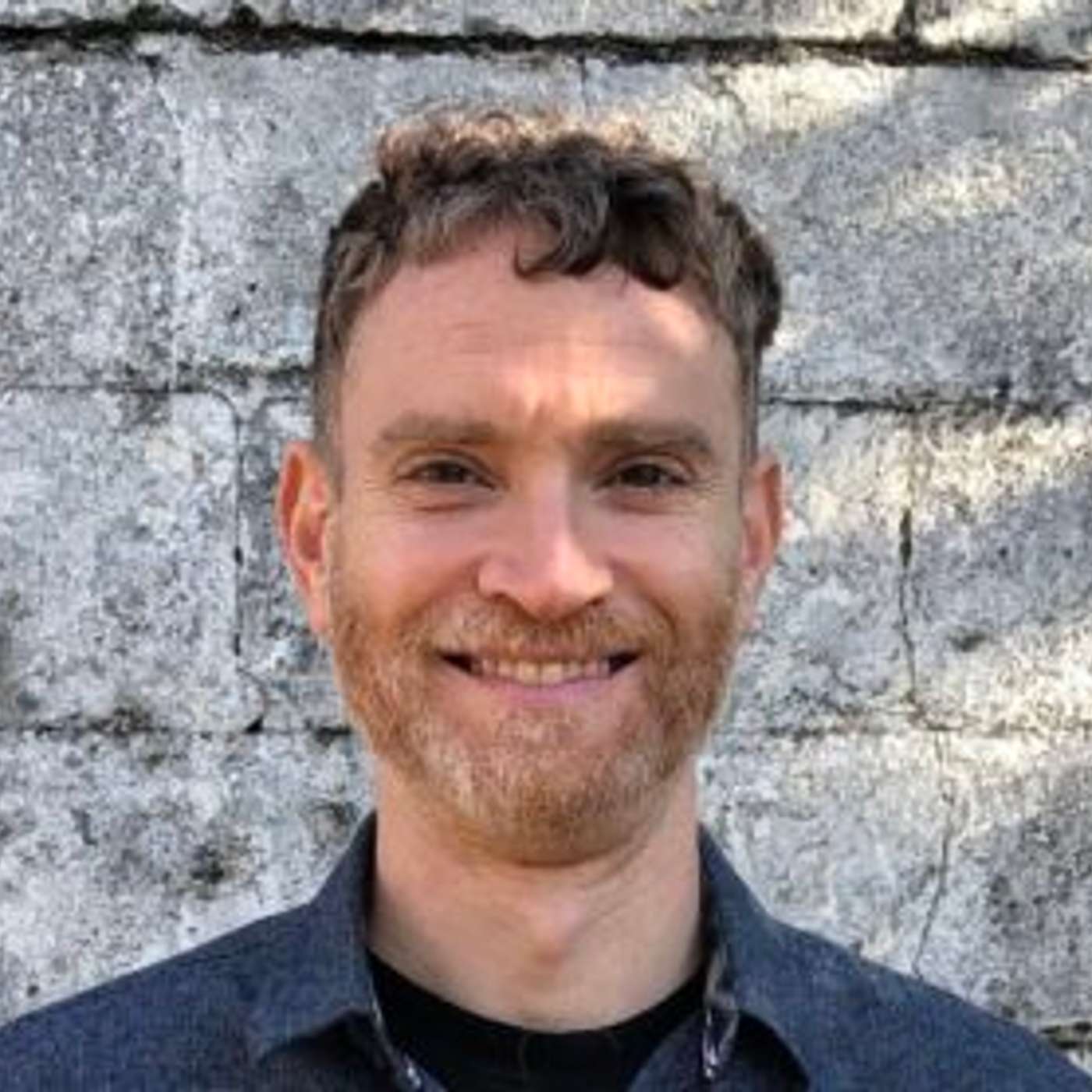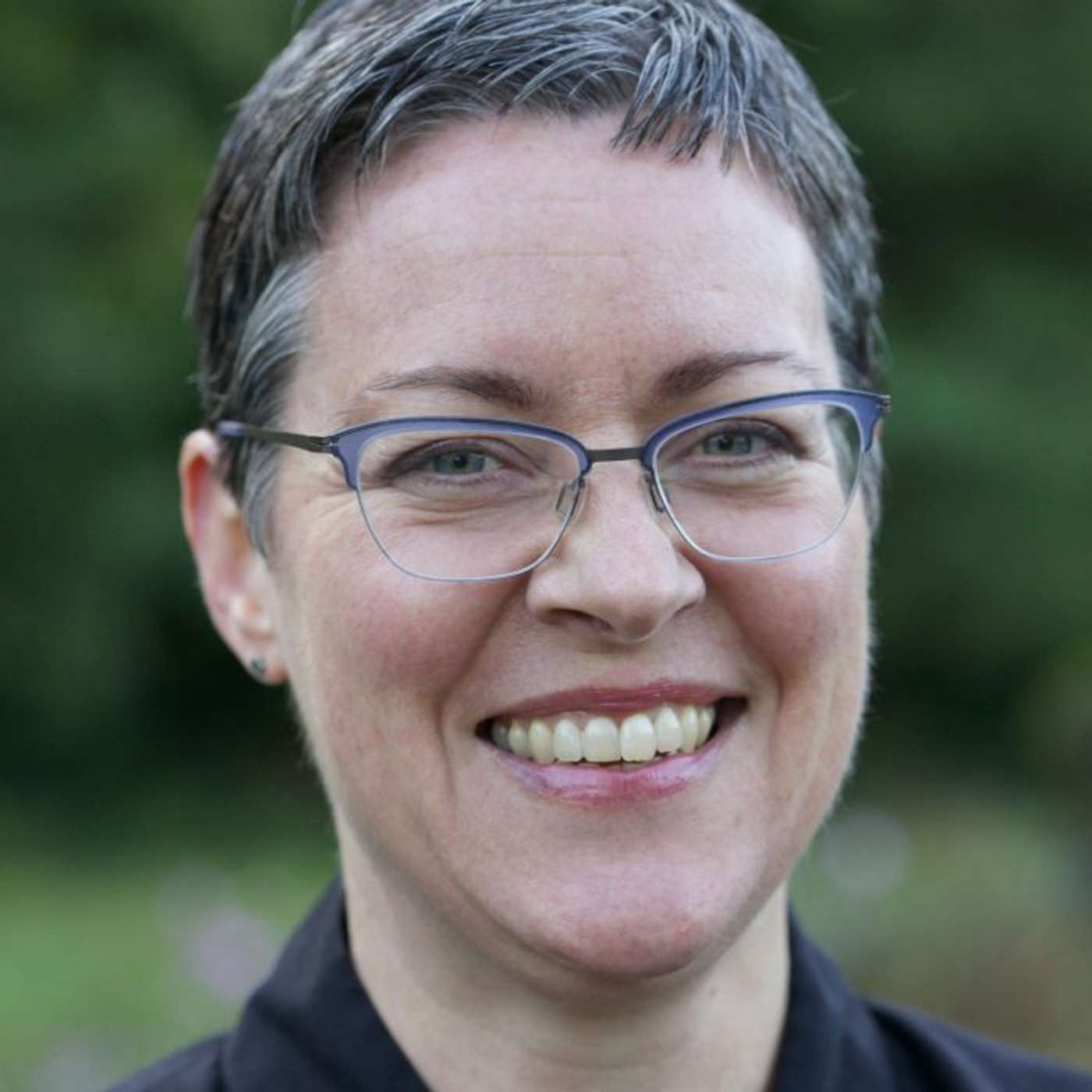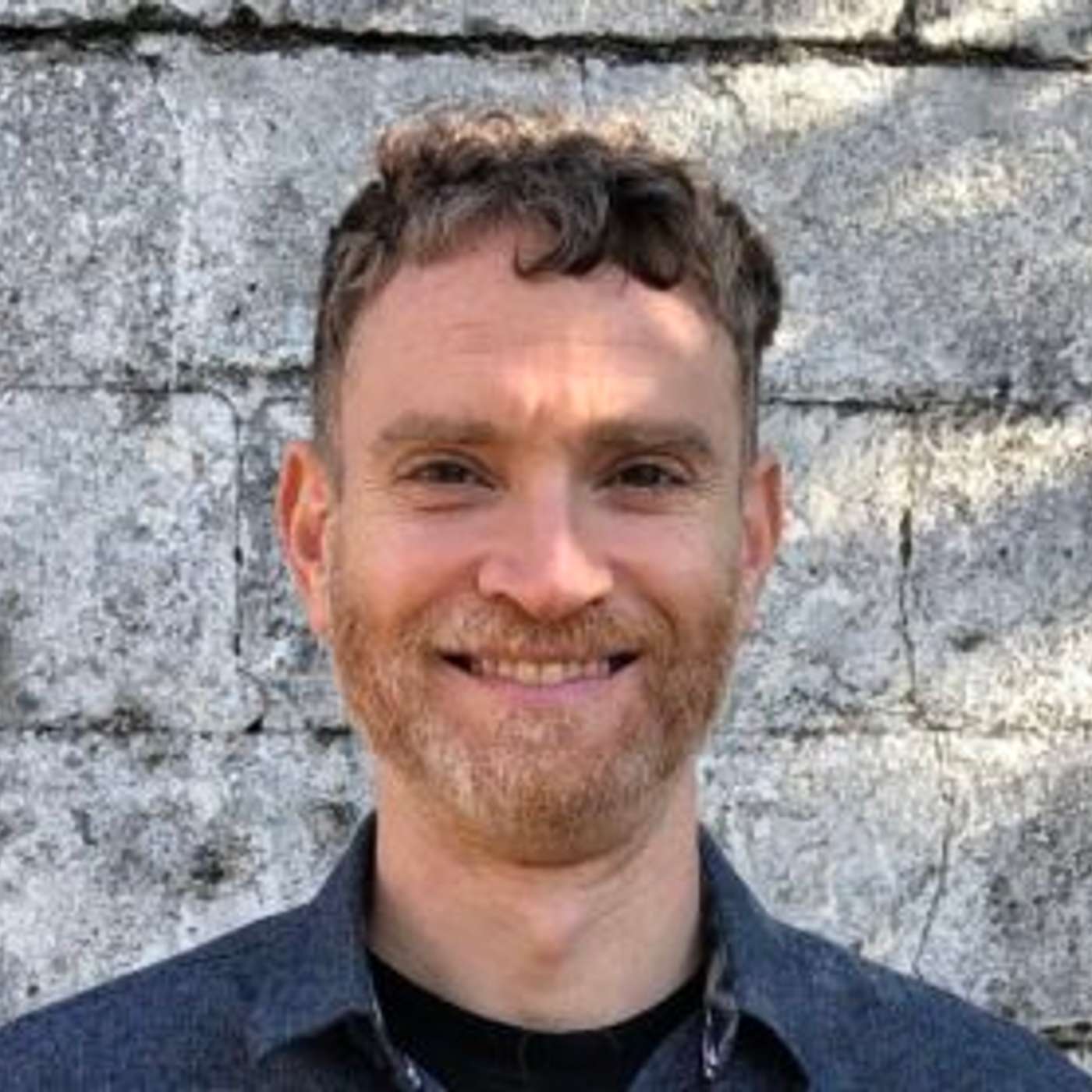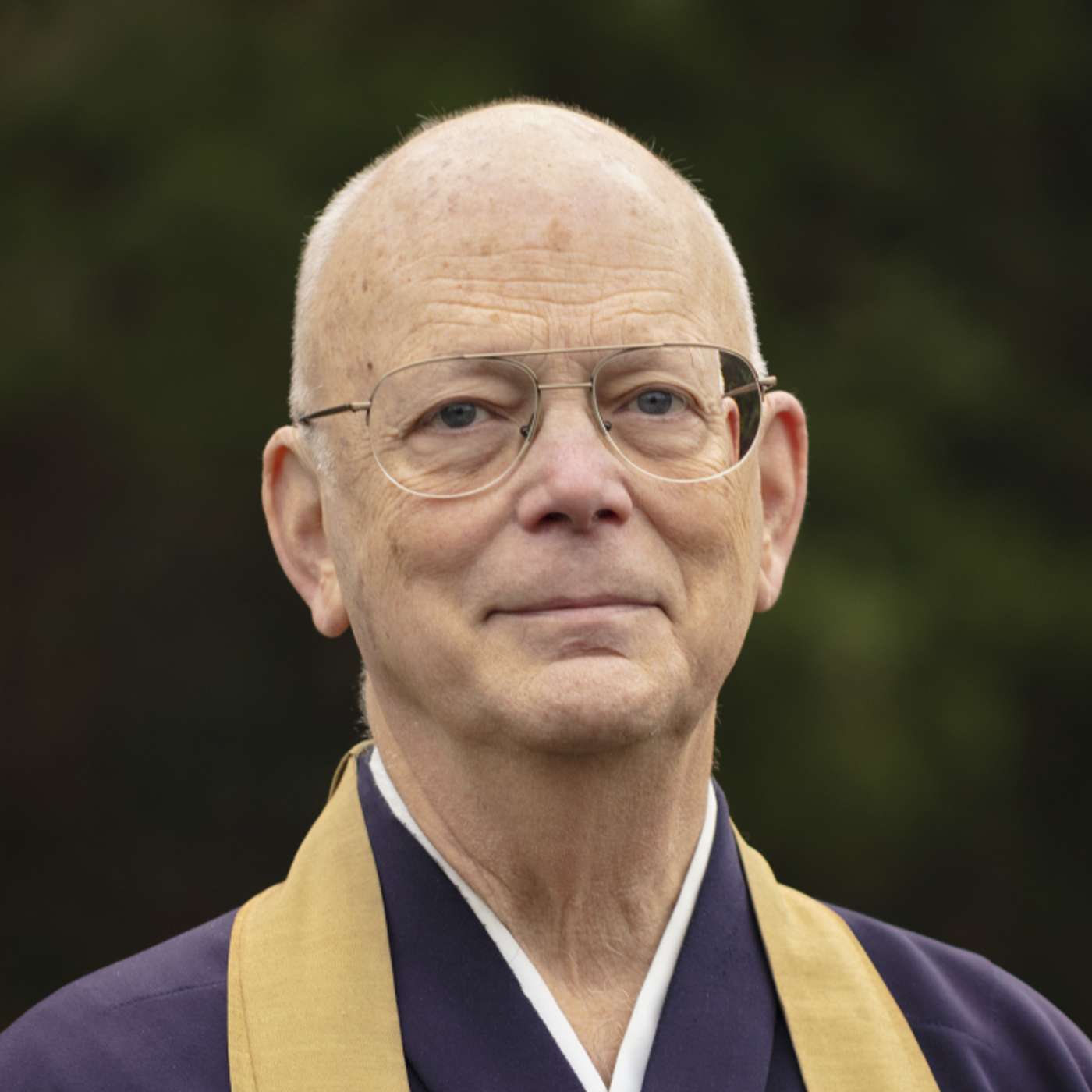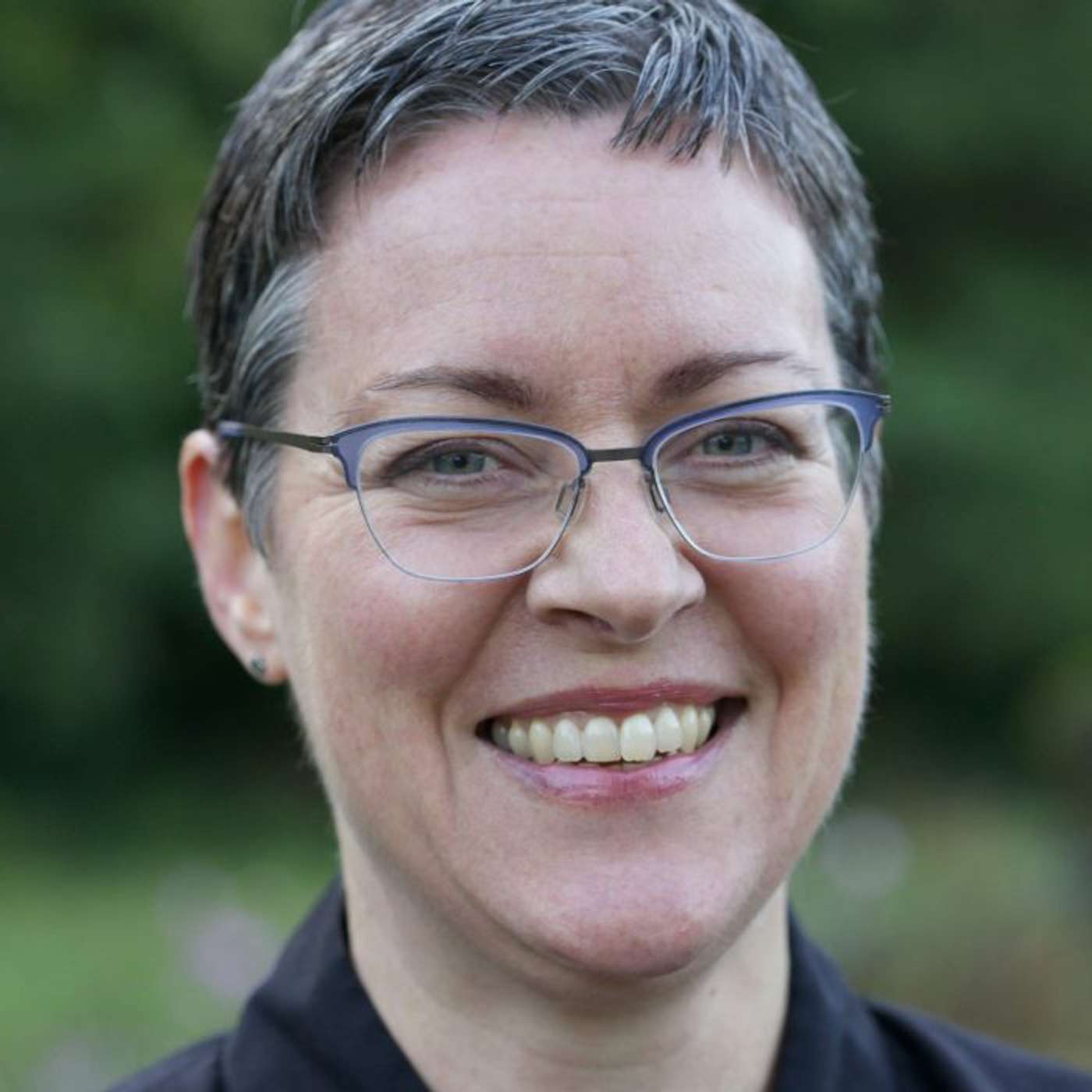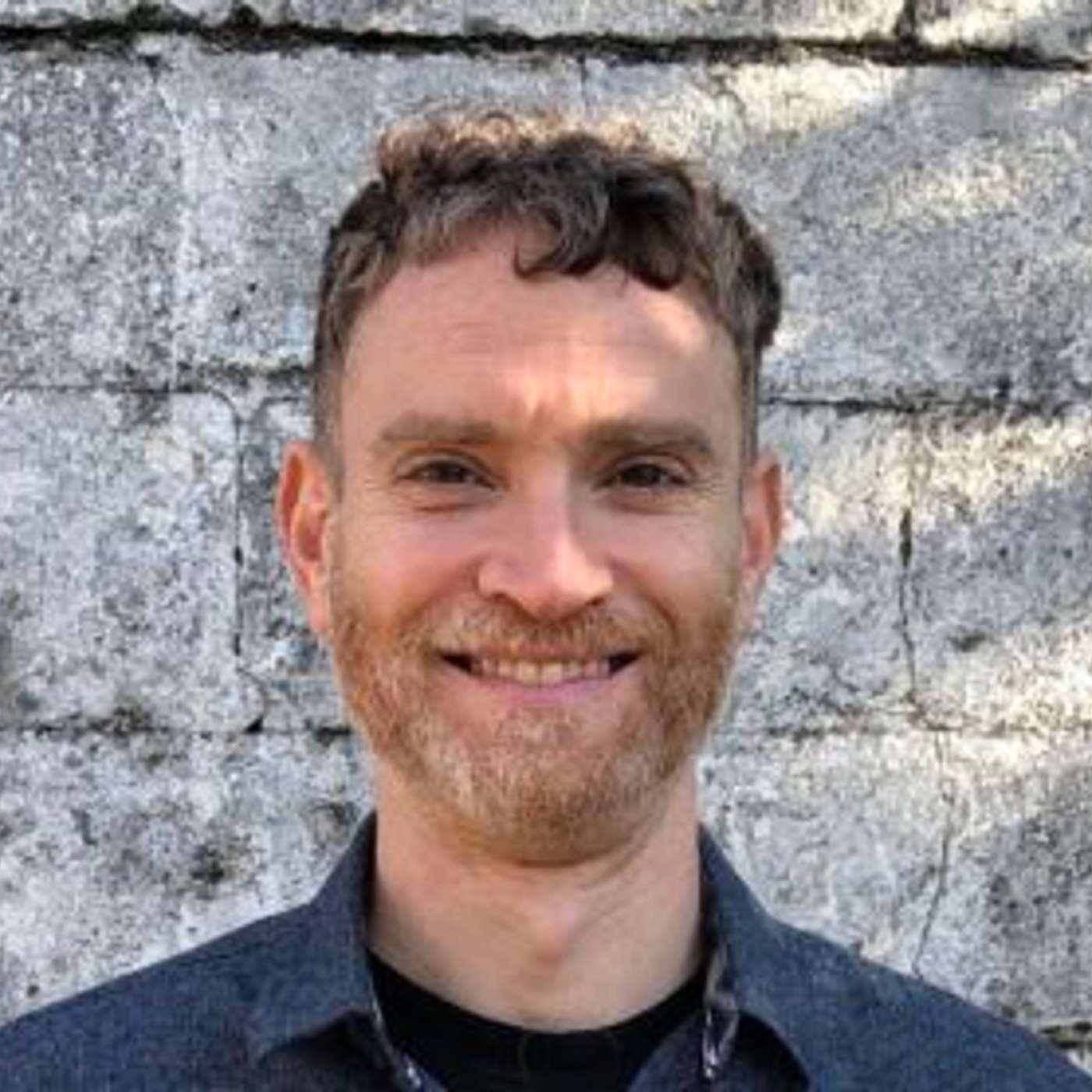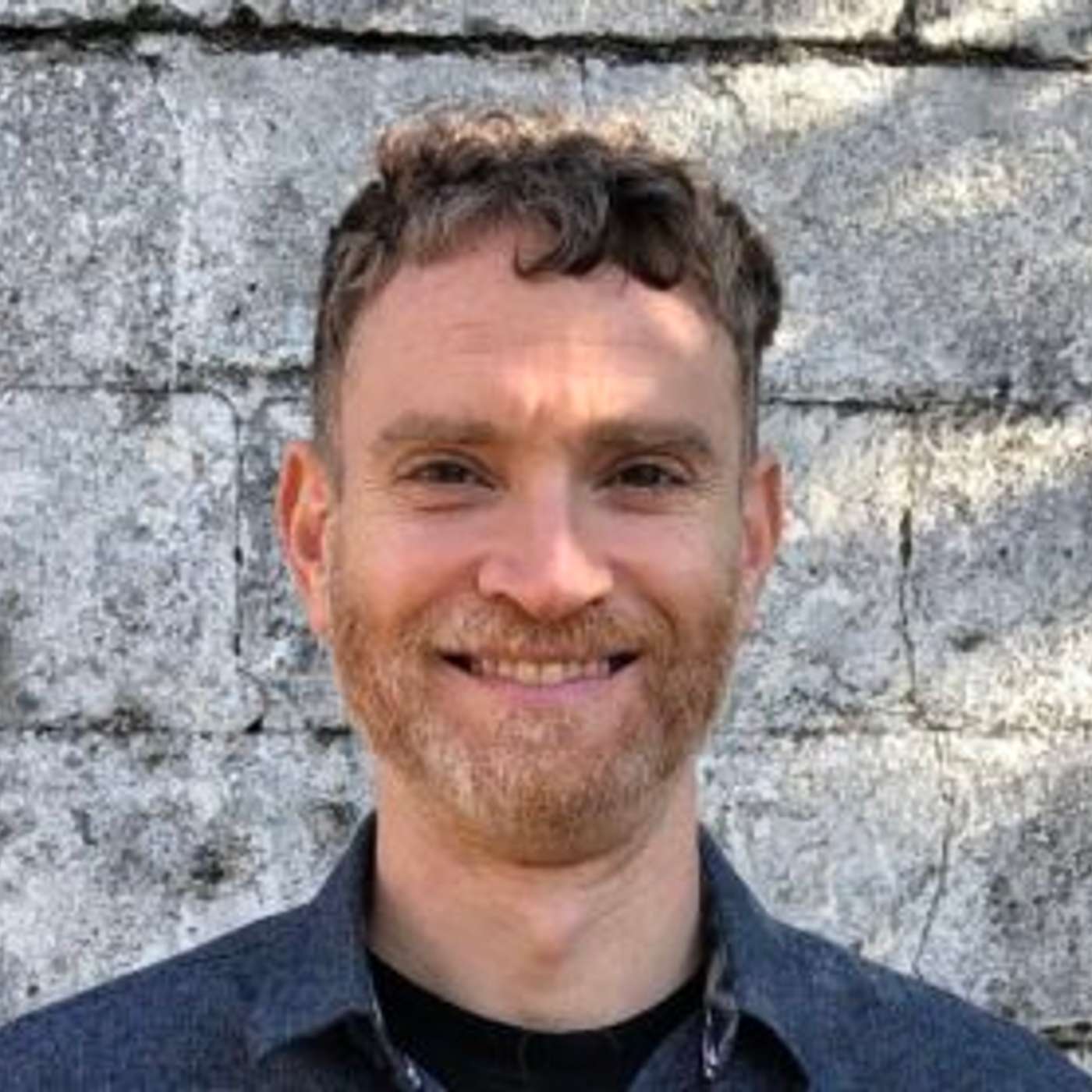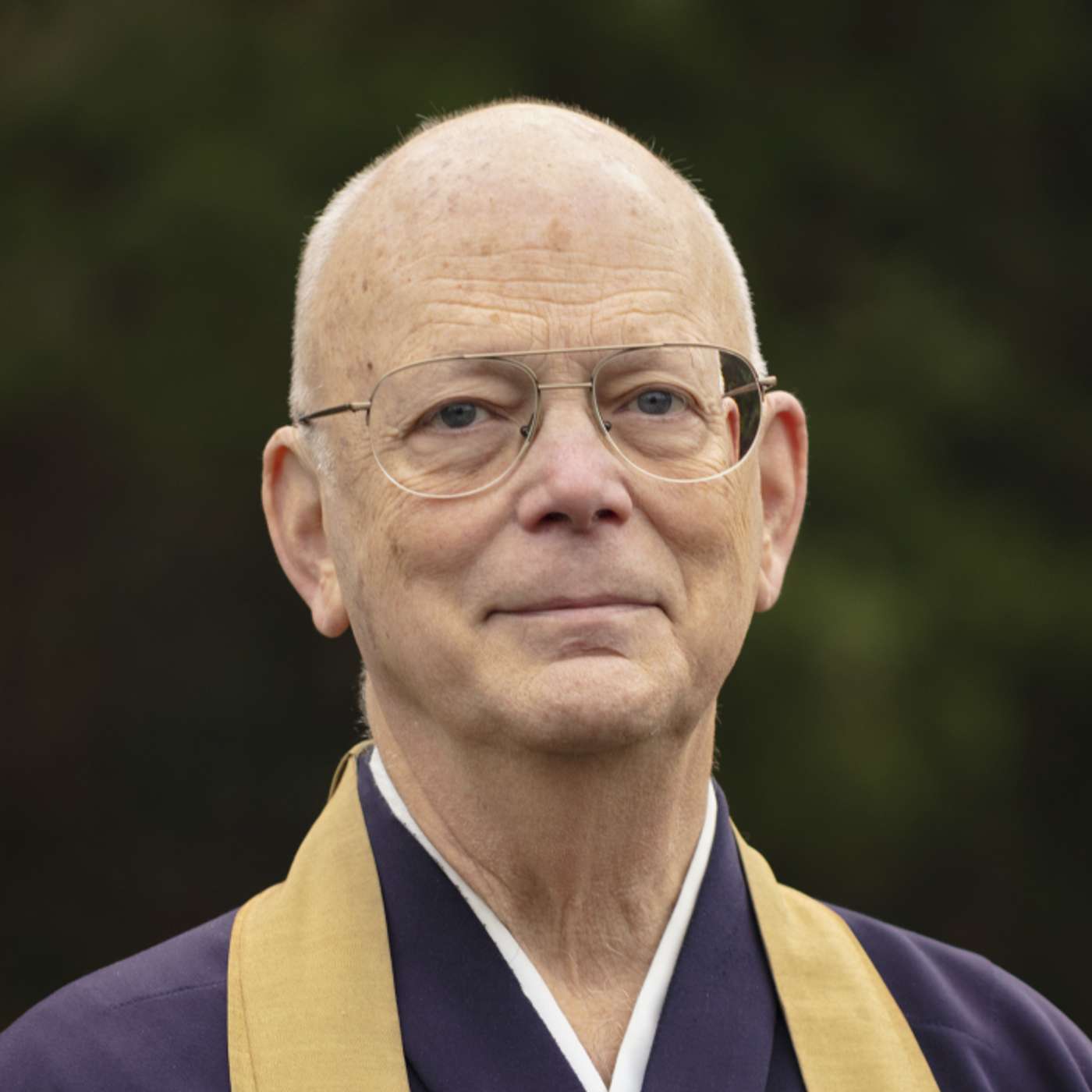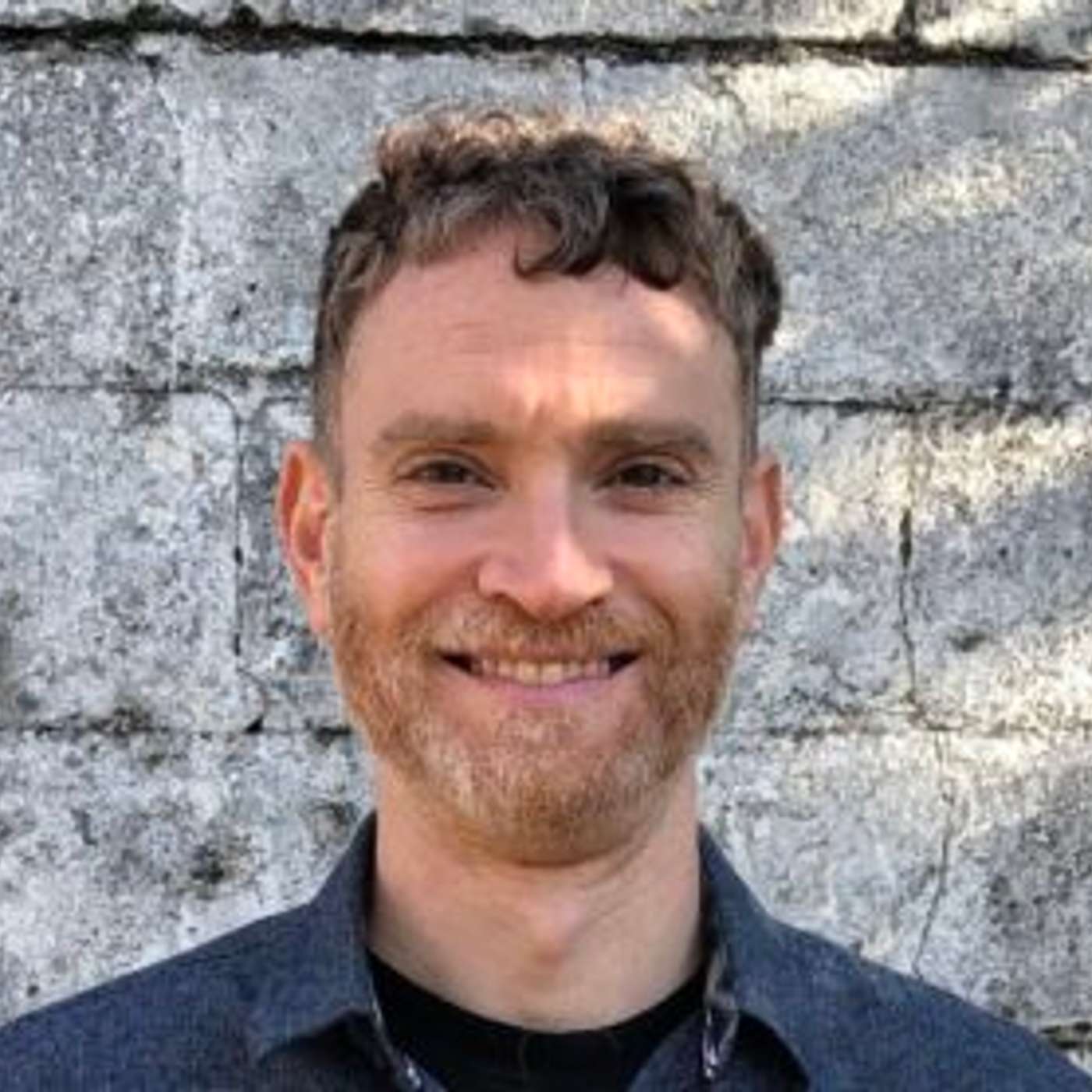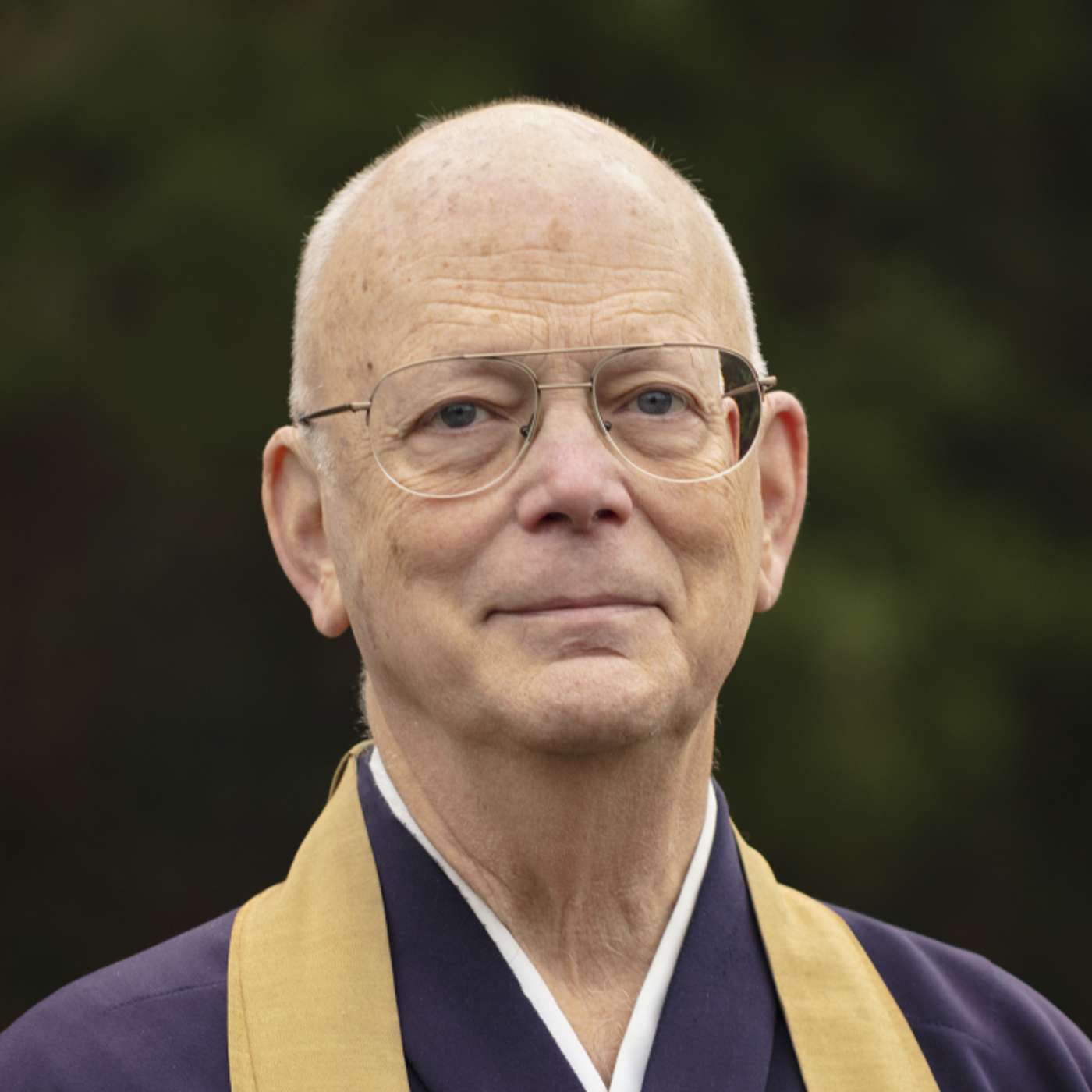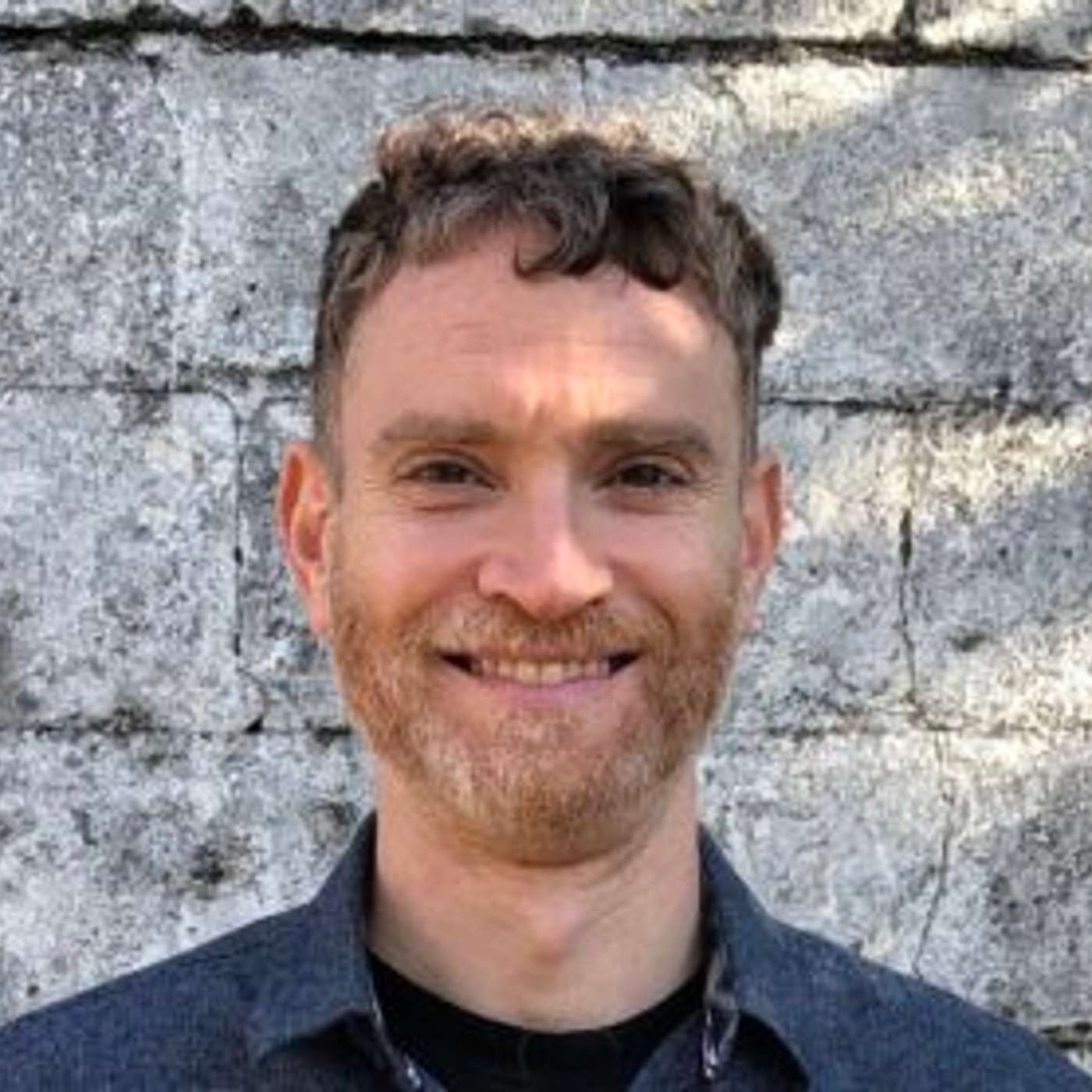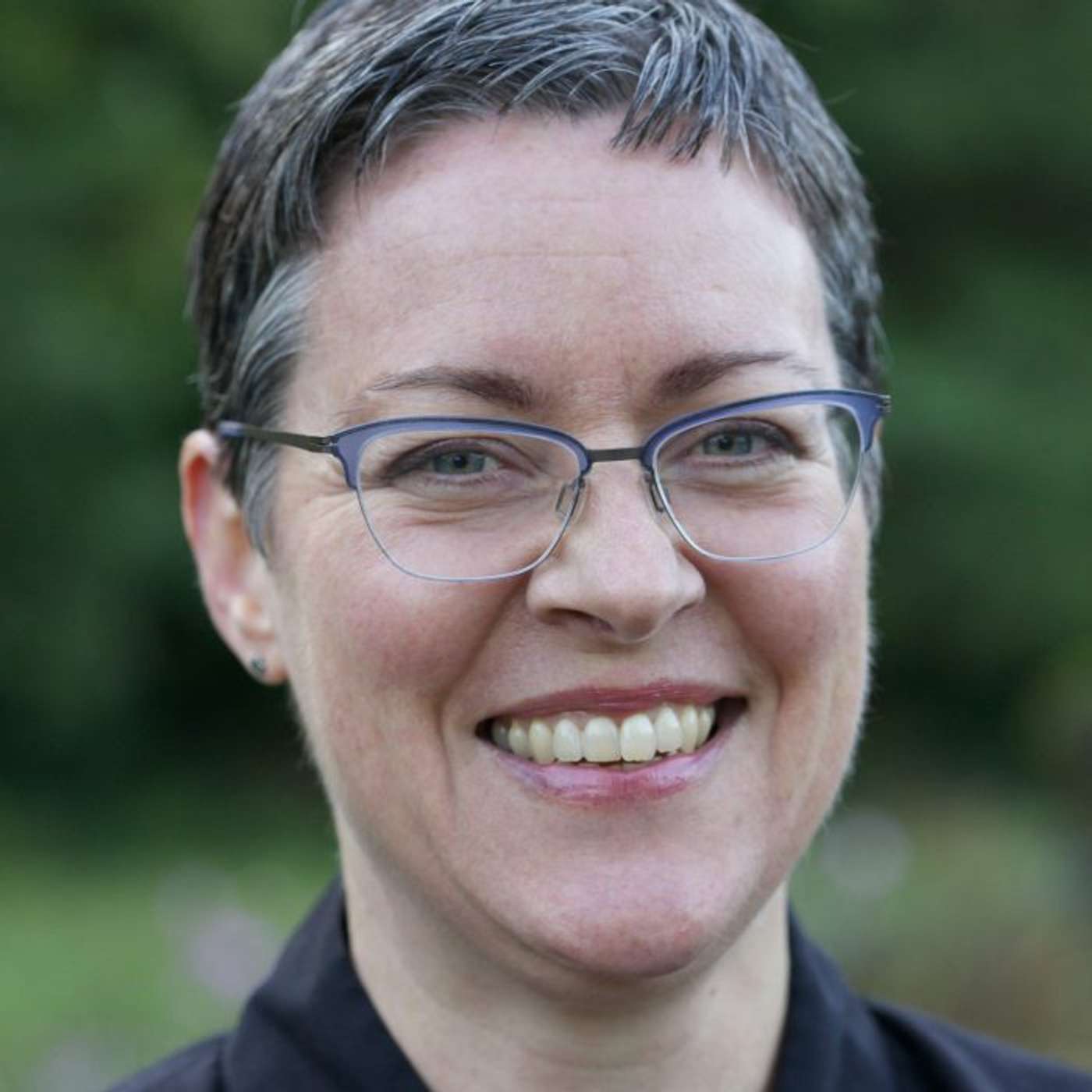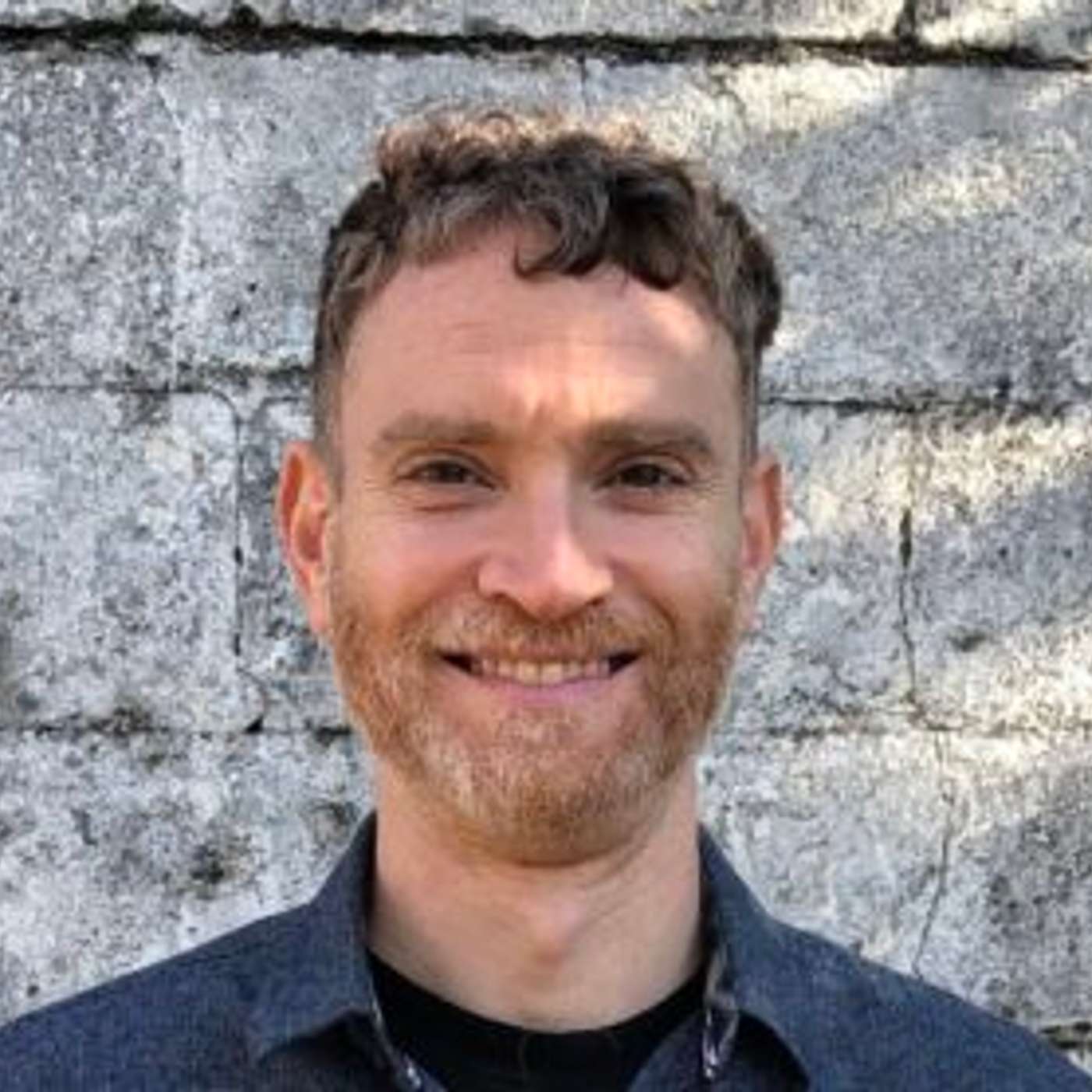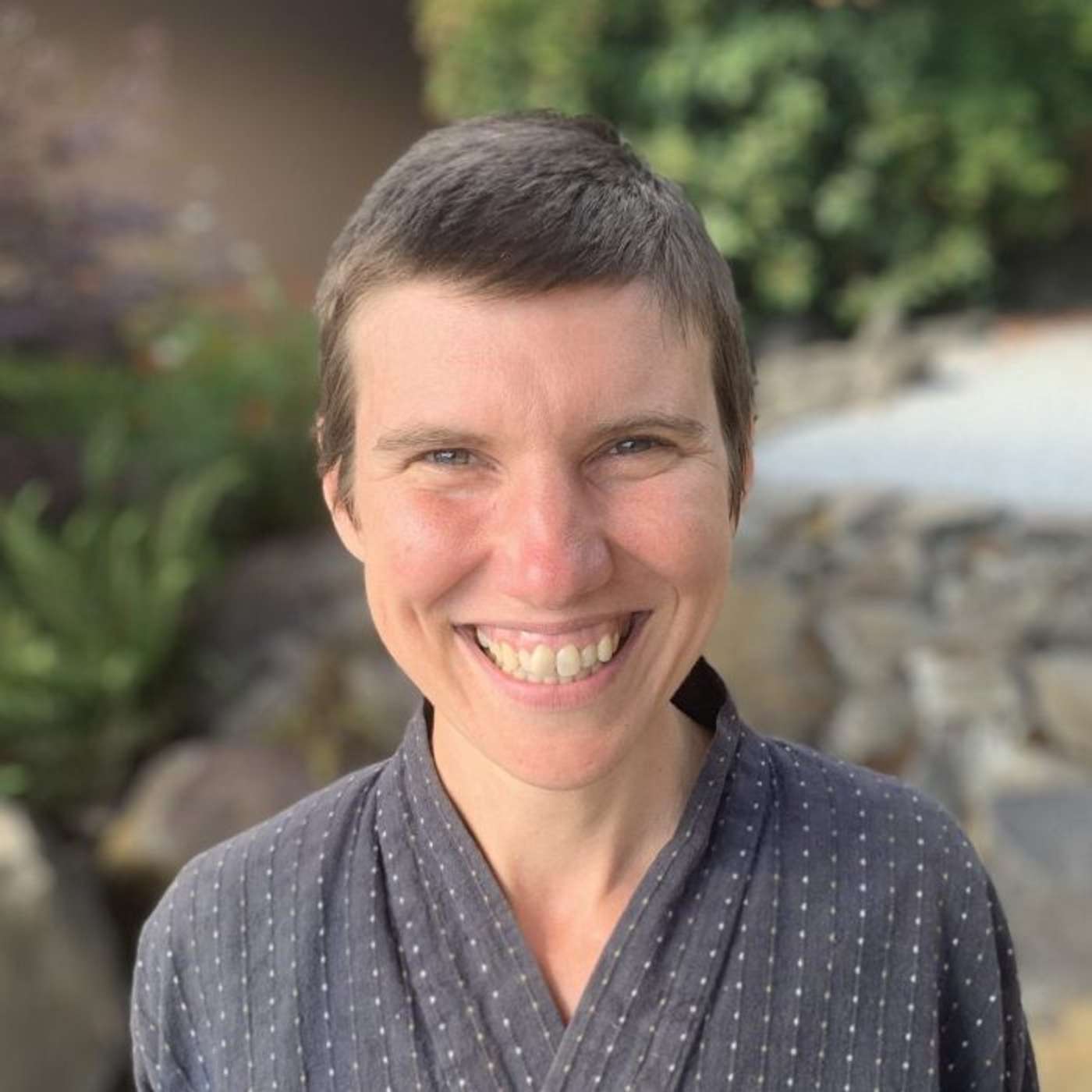Discover Zen Community of Oregon Dharma Talks
Zen Community of Oregon Dharma Talks

Zen Community of Oregon Dharma Talks
Author: Zen Community of Oregon
Subscribed: 118Played: 3,959Subscribe
Share
© 2025 Zen Community of Oregon
Description
New podcasts every Tues, Thurs and Sat. Here you can find talks from various teachers involved with the Zen Community of Oregon. We share talks from our retreats, as well as our different weekly offerings between Great Vow Zen Monastery and Heart of Wisdom Zen Temple.
Zen Community of Oregon's purpose is to express and make accessible the wisdom and compassion of the Buddha’s teachings, as transmitted through an authentic, historical lineage. To support and maintain Zen Buddhist practice in order to realize and actualize our Buddha nature in everyday life.
For more information, please visit zendust.org.
Zen Community of Oregon's purpose is to express and make accessible the wisdom and compassion of the Buddha’s teachings, as transmitted through an authentic, historical lineage. To support and maintain Zen Buddhist practice in order to realize and actualize our Buddha nature in everyday life.
For more information, please visit zendust.org.
735 Episodes
Reverse
In this wide-ranging talk, Jogen explores spaciousness as a direct and liberating dimension of Zen practice, drawing from his own experience and from Zen and Dzogchen teachings. He reflects on how awareness of space—physical, experiential, and unconfined—can soften fixation, interrupt grasping, and provide refuge amid pain, anxiety, and self-contraction. Through stories, humor, and guided practice, he offers practical ways to cultivate intimacy with space in meditation and daily life, emphasizing that spaciousness is not an altered state but an ever-present ground that welcomes all experience and allows wisdom, compassion, and ease to arise naturally.
★ Support this podcast ★
In this Rohatsu Sesshin talk, Chozen reflects on the meaning of awakening—not as a one-time event, but as an ongoing opening into reality beyond self, time, and conceptual division. Drawing on classic Zen stories, Dōgen’s teaching of non-thinking, and stages of meditative settling described in the Chan tradition, she explores how sustained concentration and a quiet, even silent mind allow the constructed sense of self to loosen and fall away. Through vivid examples, humor, and practical guidance, the talk emphasizes awakening as something that must be clarified, embodied, and continually refined through committed practice, ethical living, and ongoing housecleaning of habitual patterns—revealing a way of being aligned with impermanence, intimacy, and boundless clarity.
★ Support this podcast ★
In this Rahatsu talk, Jomon tells the story of Siddhartha Gautama’s path to awakening, tracing his journey from royal luxury through extreme asceticism to the discovery of the Middle Way. Drawing on early Buddhist sutras and later mythic imagery, she explores the pivotal moments of nourishment, resolve, confrontation with Mara, and touching the earth as witness. The talk highlights the Four Noble Truths as lived insight rather than doctrine and emphasizes awakening as something inseparable from the great earth and all beings—an inheritance not reserved for the Buddha alone, but available to us through our own sincere practice.This talk was given at the Plum Blossom Zendo in Vancouver, WA on December 2, 2025.
★ Support this podcast ★
In this talk, Jogen responds to a request to explore Zen practice in relation to seasonal affective disorder and low-level depression, while distinguishing these experiences from deeper spiritual “descents” that can arise through sincere practice. Reflecting on impermanence, the “two arrows” of suffering, and being taken for a ride by conditions, he invites us to meet low mood without resistance, interpretation, or self-judgment. Through Zazen, gratitude practice, and a willingness to stay close to direct experience, even states like sadness, grayness, and powerlessness can become gateways to wisdom, intimacy, and a deeper trust in life as it is. This talk was given at Heart of Wisdom on the Wednesday night program.
★ Support this podcast ★
In this talk, Hogen explores how the teachings of Affirming Faith in Mind illuminate the way we meet family, conflict, and connection—especially during the holiday season. He reflects on the Buddha, Dharma, and Sangha as refuges that steady us in the midst of strong opinions, old patterns, and the familiar dynamics that arise when we gather with others.This talk was given on November 30th 2025.
★ Support this podcast ★
In this talk, Jogen explores the human habit of comparing ourselves to others—and to imagined versions of ourselves—through the lens of the classic Zen text Affirming Faith in Mind. While difference is inherent in experience, comparison is optional. Jogen examines how the mind’s natural ability to perceive distinction easily collapses into judgment, envy, regret, and self-critique, and how meditation reveals the space prior to mental elaboration.This talk was given during the Heart of Wisdom Wednesday night program.
★ Support this podcast ★
In this talk, Jōmon explores the deep connection between gratitude, generosity, and Dōgen’s teaching of identity action—acting together as one body. Through reflections on Sōtō Zen practice, stories from contemporary teachers, and an extended look at the life and writings of Etty Hillesum, this episode invites us to discover the continuous availability of spiritual practice in every moment of our lives.This talk was given during the 2025 Gratitude Sesshin.
★ Support this podcast ★
In this sesshin talk, Jōgen invites practitioners to turn directly toward the living fabric of experience with wonder and open-handedness. Reflecting on the Kesa verse and the teachings of the Third Ancestor, he points out how the thinking mind masquerades as a solver of problems while actually weaving most of them—and how practice uncovers the unmoving ground that allows all states to arise. Through guided inquiry, poetry, and humor, he encourages listeners to look, feel, and experience what this moment is truly made of beyond concepts of self, struggle, and separation. Jōgen reminds us that we are always being carried in the river of being, even when fear or habit causes us to thrash about. From this recognition, compassion, trust, and genuine freedom naturally reveal themselves.This talk is from 2025 Ancient Way Sesshin.
★ Support this podcast ★
In this sesshin talk, Hōgen Roshi reflects on the heart of practice through the teachings of the Xin Xin Ming. He emphasizes that “what we turn our attention to becomes our world,” encouraging practitioners to stop believing the habitual thoughts that create suffering and to turn instead toward the intimate, living ground of experience—breath, aliveness, clarity, and ease. Through stories, humor, and examples from daily life, he illustrates how fixed beliefs obscure this root and how sesshin supports us in seeing beyond them. Hōgen reminds us that spiritual maturity does not come from thinking or emotion but from repeatedly returning to the still, spacious refuge at the center of our being. From this foundation, doubts fall away and genuine confidence in our true nature begins to grow.This talk was given during the 2025 Ancient Way Sesshin.
★ Support this podcast ★
In this talk, Jomon explores the first of the Bodhisattva’s four embracing actions—generosity—and how giving becomes boundless when we drop the sense of separation between giver, receiver, and gift. Drawing from Dōgen’s Bodhisattva’s Four Embracing Actions, stories of King Ashoka, and Shantideva’s Way of the Bodhisattva, she illuminates how generosity arises naturally from a heart touched by gratitude and compassion. Through reflections on trust, appreciation, and offering even “one speck of dust,” Jomon shows how giving can take the form of acceptance, imagination, presence, and allowing the world to unfold. She offers practical practices from Shantideva—like imagining vast offerings—to help cultivate a giving heart in daily life. The talk closes with a guided contemplation on what is being given in each moment and how we might meet it with generosity.
★ Support this podcast ★
In this talk, Jogen explores how our relationships—especially with family—can become genuine fields of practice. He challenges the assumption that practice only happens on the cushion, offering instead a vision of relational life as an arena for choosing “the bigger heart.” Through principles such as breaking through indifference, pausing when triggered, cultivating curiosity, and listening with an empty, receptive mind, he shows how connection requires intention, not luck. Jogen emphasizes that we’re not fixed beings and that every moment offers a chance to shift out of self-protection and into presence. These teachings offer practical guidance for meeting family and community with clarity, warmth, and wholeheartedness.This talk was given during the Sunday Program at Great Vow on Novemeber 23 2025.
★ Support this podcast ★
In this talk, we explore the Zen poem often translated as Inscribing Trust in the Heart or Affirming Faith in Mind. The teaching points to a profound realization: the Way is perfect, like vast space, where there is no lack and no excess. Jogen reflects on how our habitual striving, judgment, and fixation on imperfection obscure this truth—and how practice, especially decisive Zazen, helps us touch the Way directly. Through reflections on presence, beauty, and the ordinary rhythms of life, this talk invites us to experience reality beyond our preferences, evaluations, and notions of right and wrong.This talk was given on Nov. 5, 2025 at Heart of Wisdom Zen Temple.
★ Support this podcast ★
In this talk, Hogen Roshi explores the Zen chant Affirming Faith in Mind, showing how its guidance is rooted in direct, present-moment experience. He emphasizes that the “great way” is not difficult when we are fully present and free from the disease of the mind—the constant vacillation between likes and dislikes. Through vivid examples from daily life and practice, he demonstrates how anchoring in the now allows creativity, responsiveness, and deep appreciation to emerge naturally. Hogen also offers insight into non-duality, reminding us that reality is already inclusive and non-dual, and that awakening arises when we directly experience what is, right here and now.
★ Support this podcast ★
In this talk, Jogen Sensei explores the opening stanzas of Affirming Faith in Mind, illuminating what the poem calls “the Great Way”—life itself, unobscured by picking and choosing. Through clear examples of conditioned happiness, the wobbling of preference, and the subtle ways we strobe in and out of wholehearted engagement, he shows how resistance divides us from the peace inherent in each moment. Jogen emphasizes that dropping even slight distinctions allows the spacious, undivided nature of experience to appear, revealing the “one taste” running through all conditions. With warmth and humor, he invites practitioners to directly feel life as it is, free from the mind’s disease of constant like-and-dislike.
★ Support this podcast ★
In this talk, Hogen Roshi explores the opening line of Affirming Faith in Mind—“The Great Way is easy”—and shows how quickly the mind complicates even the simplest instruction: just feeling our toes or our breath. Through humor, examples, and vivid demonstrations of how attention creates our experience moment by moment, he reveals how the body, thoughts, and sense of self arise and disappear with each flicker of awareness. He encourages practitioners to return again and again to direct experience—free of belief, story, or self-image—so the primal source of life can reveal itself. With clarity and compassion, Hogen emphasizes that the Way is both the easiest and the hardest thing in the world: resting with things exactly as they are.This talk was given during the 2025 Ancient Way Sesshin.
★ Support this podcast ★
In this talk, Jogen Sensei explores the paradox of longing—the pain and medicine of our deepest yearning. Drawing from Dōgen, the Faith in Mind poem, and ancient teachings, he illuminates how our wanting, striving, and efforts to understand can either bind us or open us to freedom. Through stories, humor, and grounded guidance, Jogen invites us to practice with wholeheartedness for its own sake—not as a transaction, but as intimacy with life itself. This talk moves through themes of determination, innocence, and the living rhythm of practice that carries us beyond “easy” or “hard.” This talk was given during the 2025 Ancient Way Sesshin at Great Vow.
★ Support this podcast ★
In the second week of the Ango practice period, Jomon Sensei reflects on verses from Affirming Faith in Mind—“The Great Way is without limit, beyond the easy and the hard.” Through multiple translations and the koan Ling Zhao’s Grass Tips, she explores how our preferences and narrow views create tension, while the Way itself remains relaxed, spacious, and clear. Drawing on vivid imagery of dewdrops, grass, and the natural world, Jomon encourages us to meet both difficulty and ease with open presence. This talk reminds us that in stillness and in motion, the teachings of the ancestors are shining everywhere—even in the most ordinary momentsThis talk was given at the Plum Blossom Zendo in Vancouver, WA on October 14th 2025.
★ Support this podcast ★
In this talk Jogen Sensei introduces Affirming Faith in Mind as a mirror for practice and a reminder that the Great Way is neither easy nor difficult. Moving through the themes of impermanence, longing, and the poignancy of being human, he invites practitioners to meet life directly on the ground of reality. Jogen speaks of sesshin as a sacred vessel for awakening, describing three ingredients of transcendent insight: the desire to go beyond, a vivid steady mind, and bowing to what is. With clarity and humor, he shows how sesshin reveals our suffering and our freedom—teaching us to yield completely to the immediacy of this fleeting life.This is talk two of the 2025 Ancient Way Sesshin.
★ Support this podcast ★
In this opening talk of 2025 Ancient Way Sesshin, Hogen Roshi introduces the Affirming Faith in Mind chant—an ancient poem pointing to non-dual awareness and the ease of the great way. He reminds us that our suffering begins when we believe our thoughts, and peace appears when we let them flow without grasping. Through humor, reflection, and simple body-based practices, Hogen shows how inclusivity, satisfaction, and faith in the “heart-mind” reveal a stability beyond our judgments and preferences. The talk weaves ancient teaching, modern psychology, and poetry into a living encouragement to trust this very moment.
★ Support this podcast ★
In this episode, Kisei Sensei explores Koan 25, Nyozin’s Pale Moon of Dawn, and Koan 33, Bodhidharma’s Flesh, examining how Zen teaching passes through time, poetry, and the body. She reflects on Chyono’s poem about the pale moon and the bucket, showing how our sense of self can be patched together and then fall away in practice. Drawing connections to Bodhidharma’s transmission to his students, she emphasizes how awakening is both a lived, embodied experience and a study of ancestral teachings. Listeners are invited to reflect on the moon, their own practice, and the questions of body, awakening, and interconnection that these koans present.This talk was given during Kisei's online Tuesday night program.
★ Support this podcast ★


